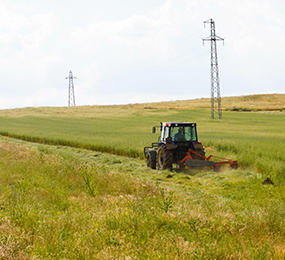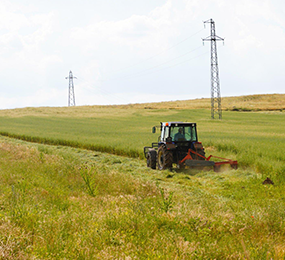Hybrid systems are revolutionizing the non-road machinery (NRMM) sector by combining electric and conventional power sources to enhance efficiency and sustainability. This innovative approach addresses the limitations of fully electric systems while offering significant environmental and operational benefits.
Hybrid systems integrate electric motors with traditional internal combustion engines (ICE), allowing machinery to switch between power sources or use both simultaneously. This flexibility results in improved fuel efficiency, reduced emissions, and enhanced performance across various applications such as construction, agriculture, mining, and forestry.
One of the primary advantages of hybrid systems is their ability to reduce fuel consumption. By utilizing electric power during low-demand operations and ICE during high-demand tasks, hybrid machinery can optimize energy use, leading to significant fuel savings. This not only lowers operational costs but also decreases the environmental impact, contributing to the industry's decarbonization efforts.
Emissions reduction is another critical benefit of hybrid systems. By minimizing the reliance on ICE, hybrid machinery produces fewer greenhouse gases and pollutants. This is particularly important in industries where machinery operates in enclosed or sensitive environments, as it improves air quality and reduces health risks for operators and nearby communities.
Operational efficiency is also enhanced with hybrid systems. Electric motors provide instant torque and smoother power delivery, which improves the overall performance and responsiveness of the machinery. This can be especially beneficial in tasks requiring precision and control, such as material handling or agricultural operations.
The hybrid approach also offers practical advantages for industries not yet ready for a full transition to electric machinery. It provides a scalable and incremental solution, allowing companies to gradually integrate electric power into their operations without completely overhauling their existing equipment.
While hybrid systems present numerous benefits, challenges such as higher upfront costs and the need for advanced integration technologies remain. However, ongoing research and development are continually improving the cost-effectiveness and performance of hybrid systems, making them an increasingly attractive option for NRMM.
In conclusion, hybrid systems for non-road machinery represent a promising path toward greater efficiency, reduced emissions, and enhanced sustainability. By combining the best of both electric and conventional power sources, hybrid technology is paving the way for a more sustainable future in various industrial sectors.
For more details and registration information, visit https://www.leadventgrp.com/events/2nd-annual-non-road-mobile-machinery-electrification-and-decarbonization-forum/details.
For more information and group participation, contact us: [email protected]
















